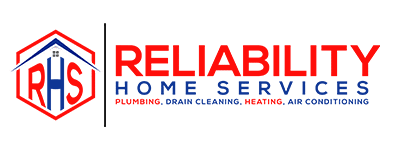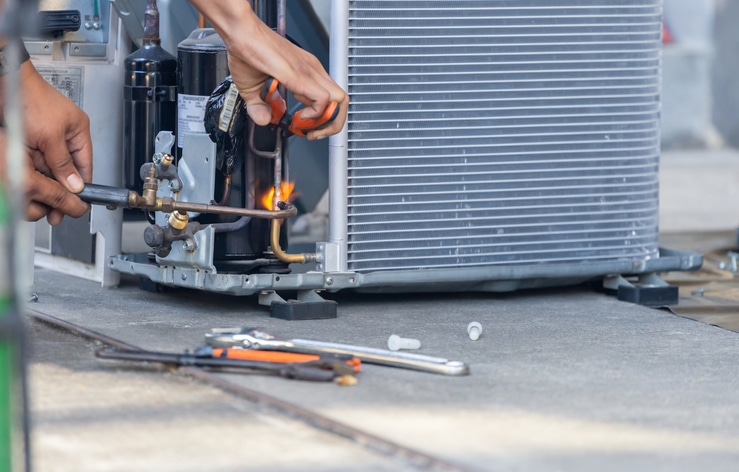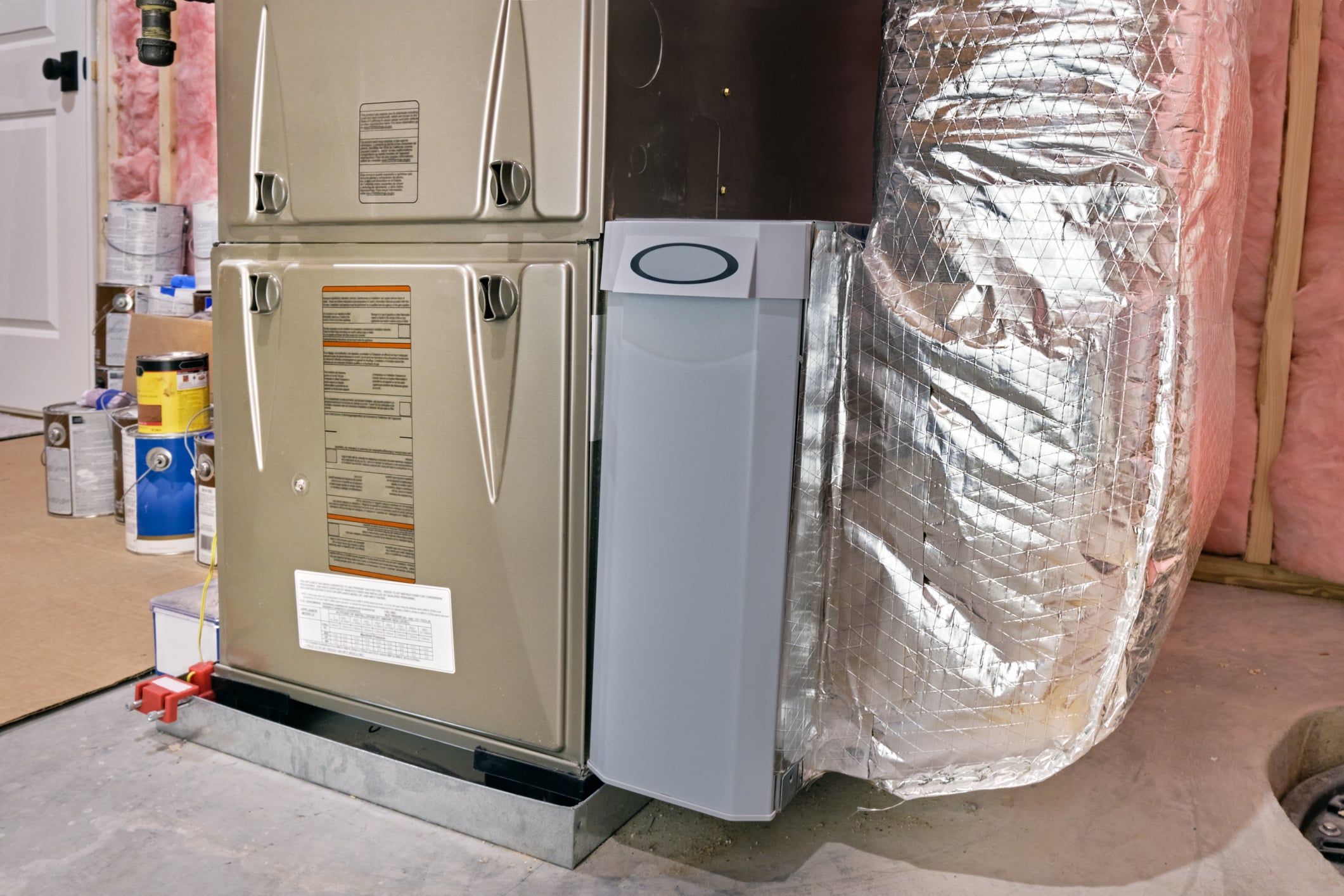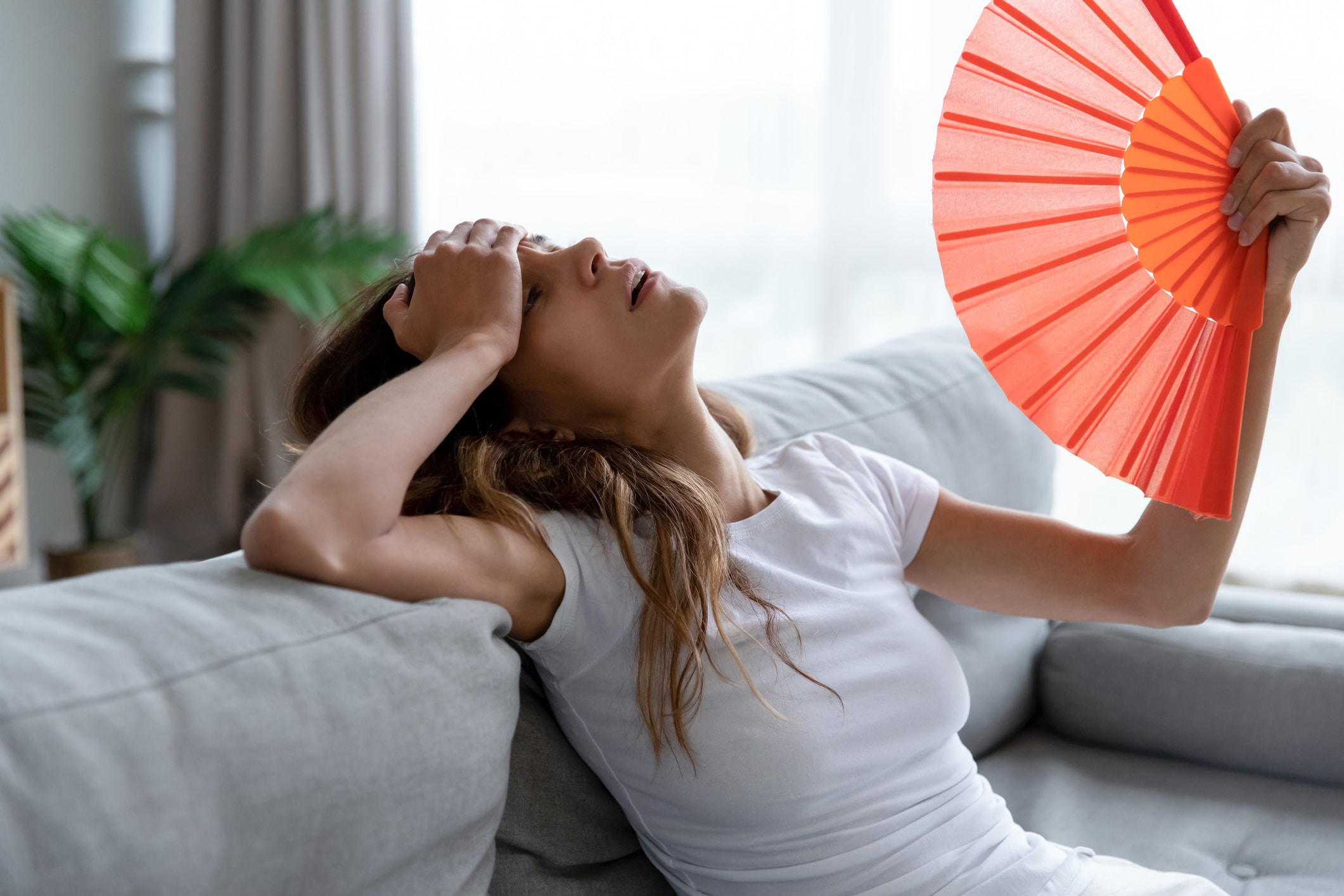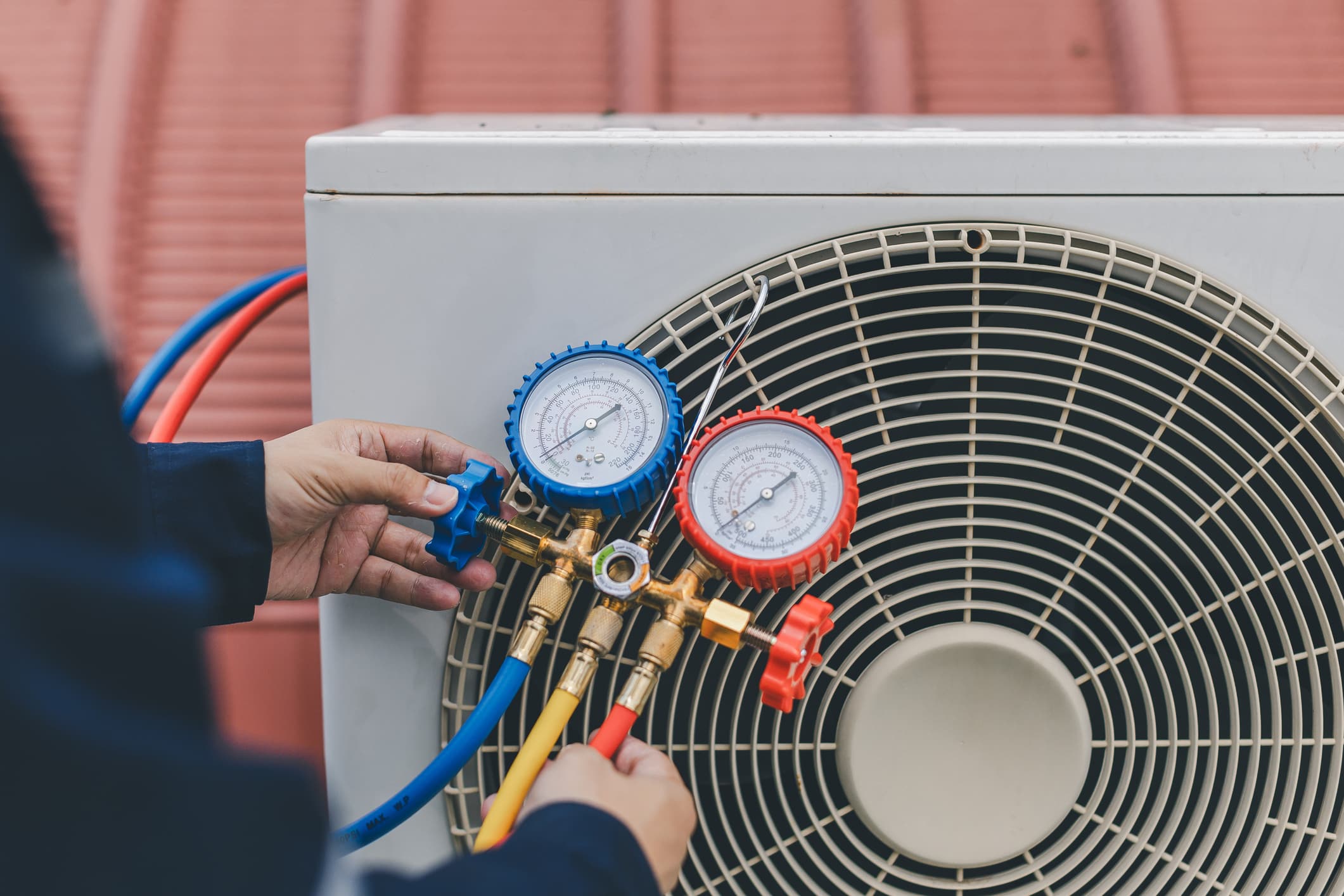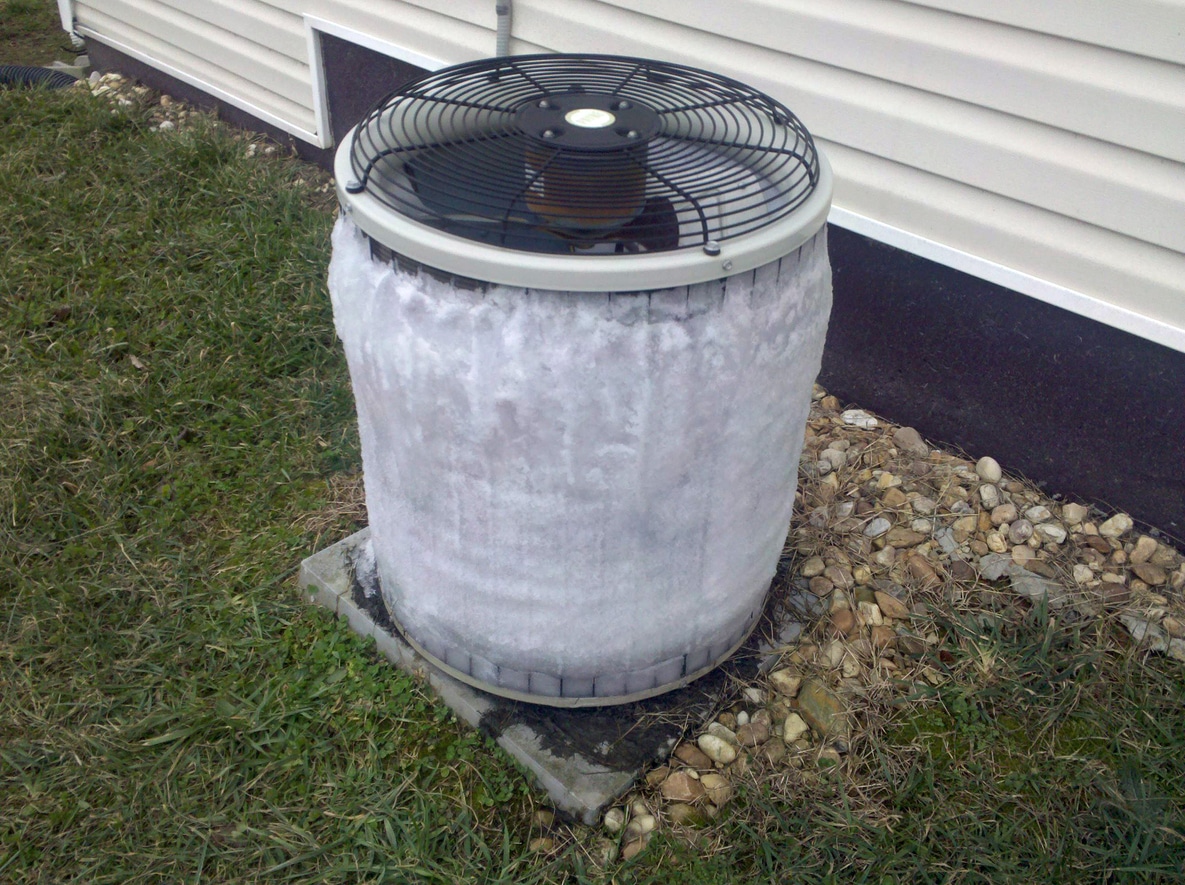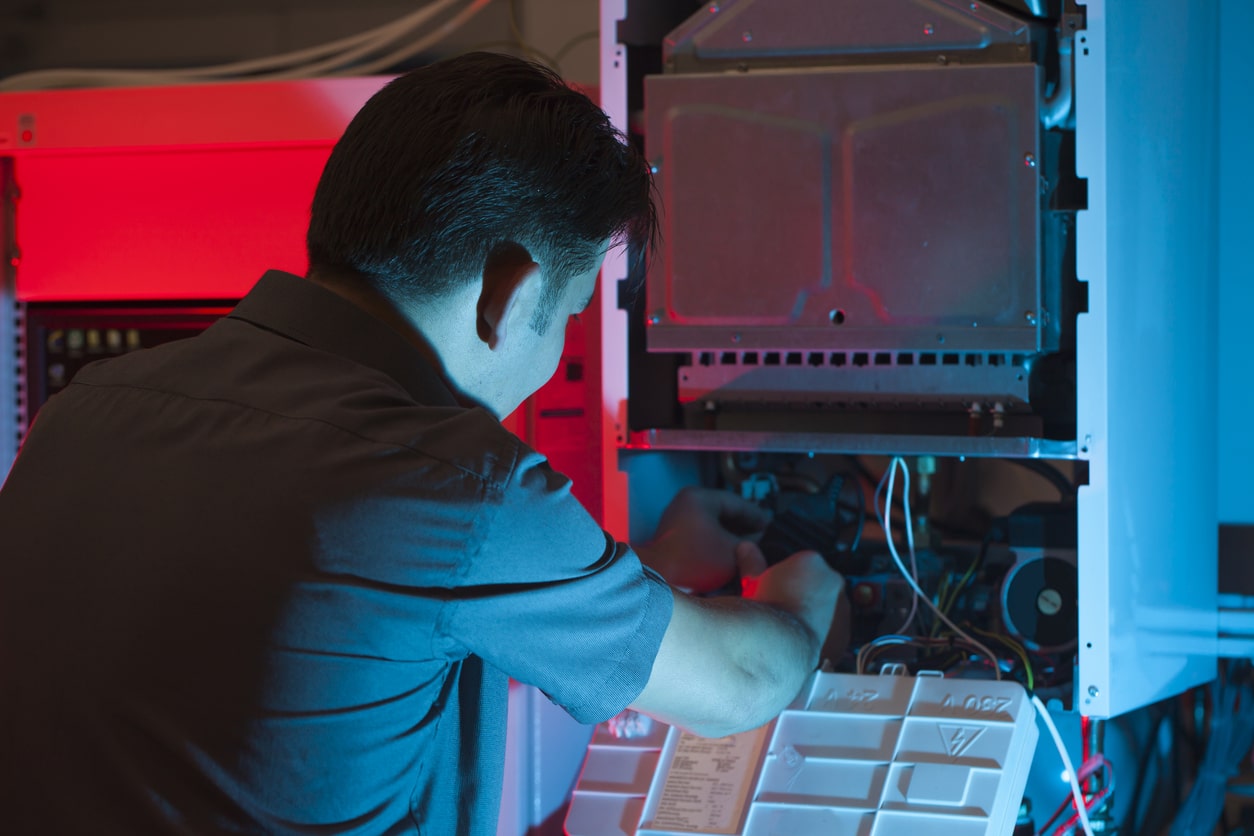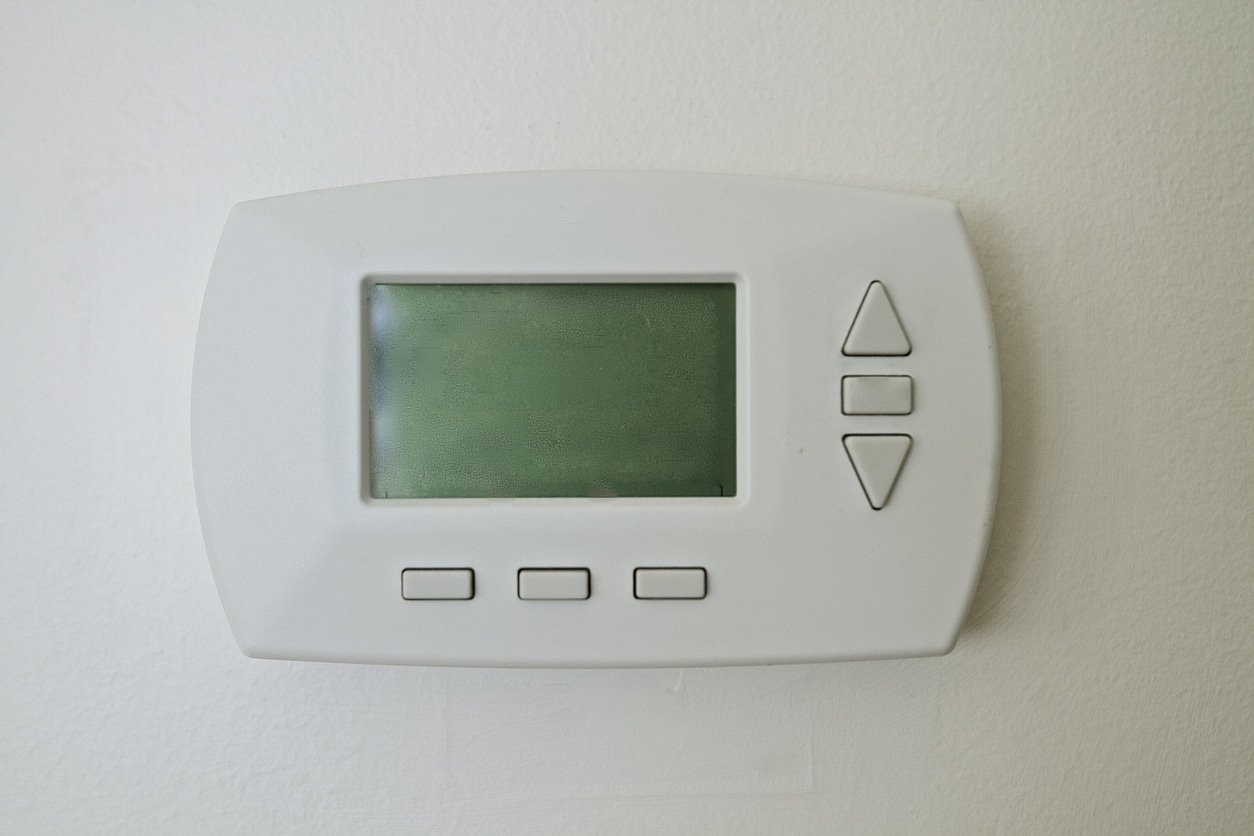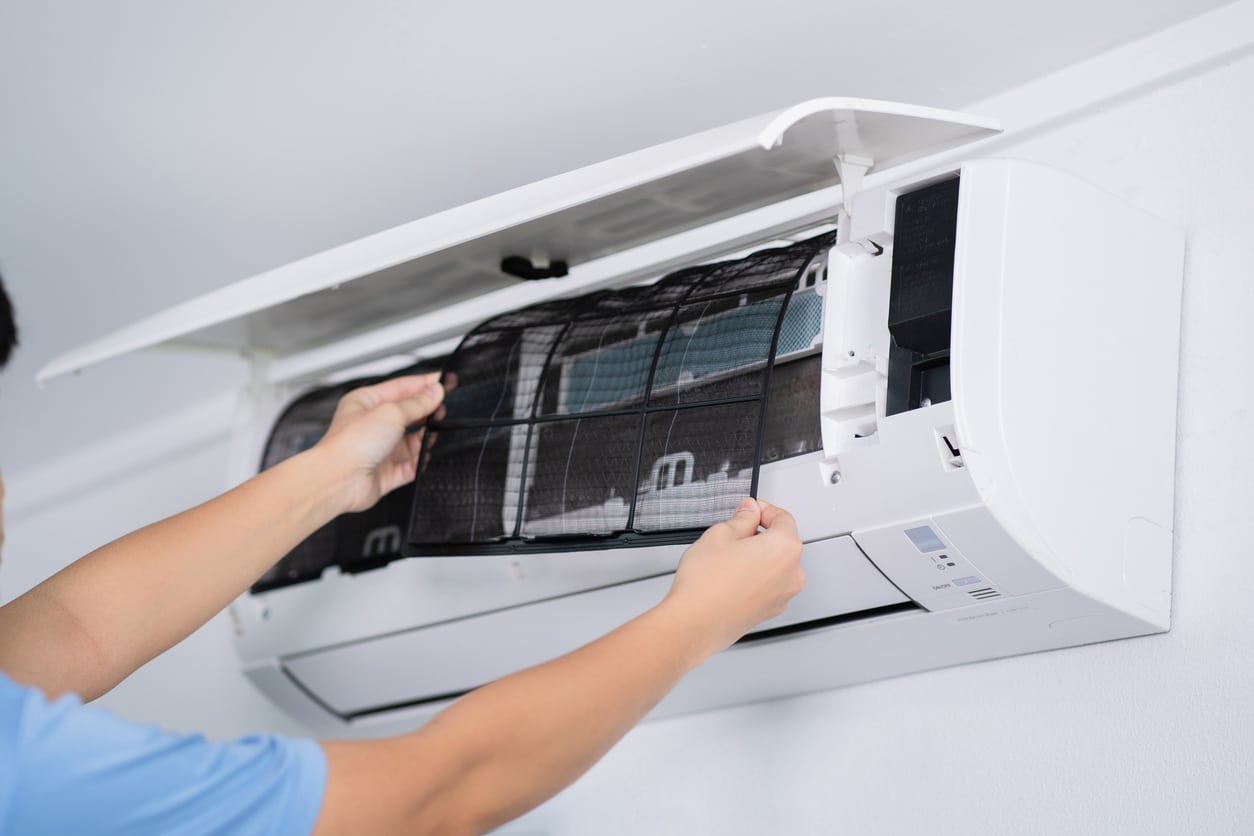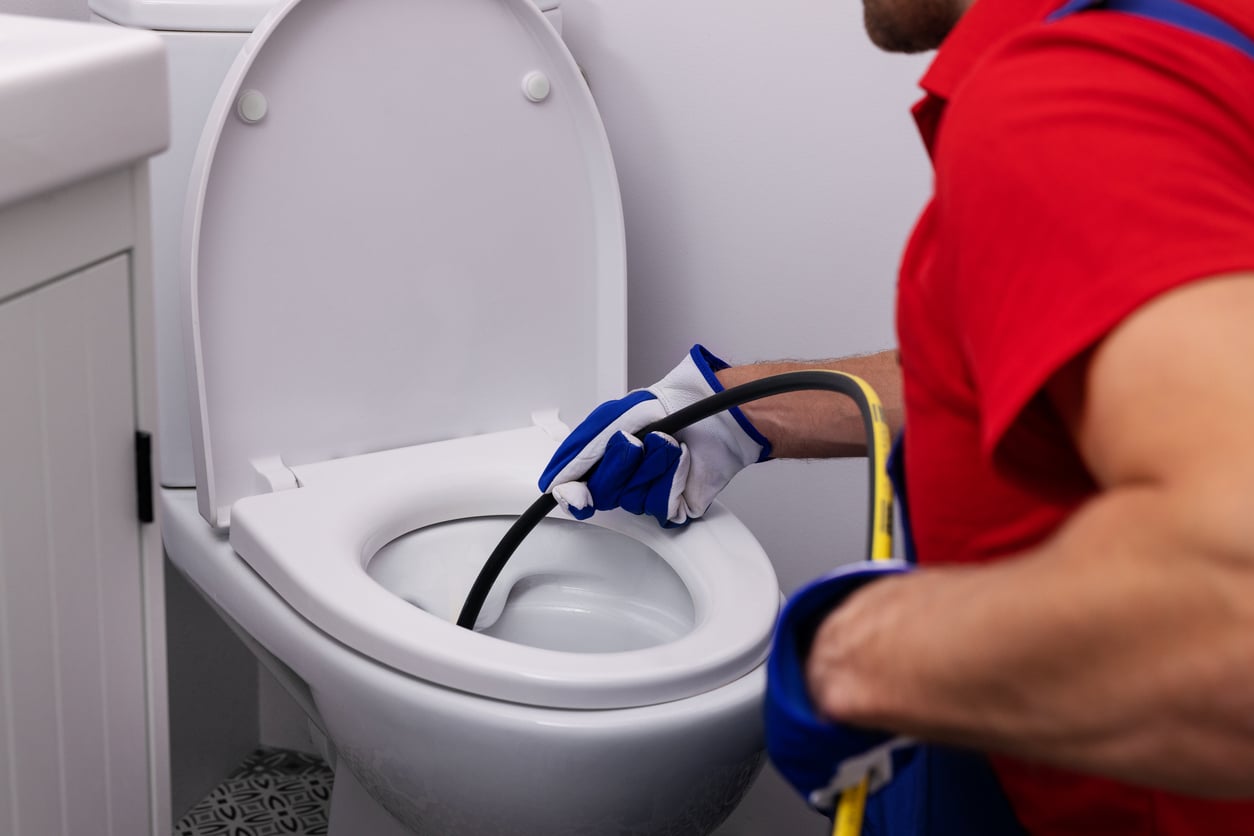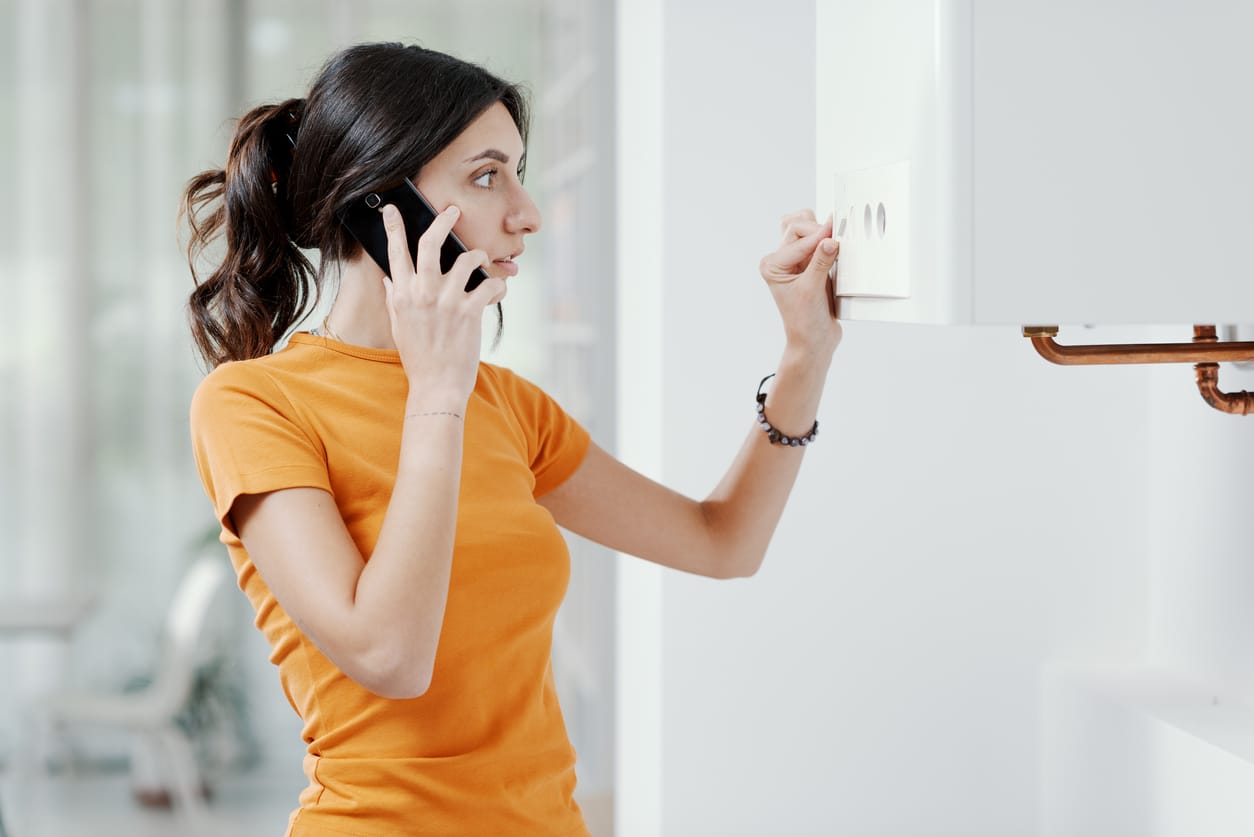Just like you wouldn’t drive your car for 100,000 miles without any regular maintenance, you shouldn’t run your home’s HVAC system without having it maintained on a regular basis.Preventative HVAC maintenance helps to reduce the risk of costly HVAC repairs from occurring unexpectedly, while keeping the whole system running to its peak ability.Completing this maintenance keeps your energy bill from spiraling out of control while ensuring your HVAC system’s efficiency all year round.For specific HVAC repair prevention tips, continue reading this guide:
Complete an Annual Tune-Up
Once a year, your HVAC system should have a complete tune up done by an expert in the field. Doing so leads to lower energy bills throughout the year, the need for fewer repairs, and an overall increase in the lifespan of the equipment.When you have an HVAC professional perform a complete tune-up on your system you should expect the following to be done:- All system controls will be checked.
- The blower will be cleaned up and adjusted
- The coolant charge in the air conditioning system will be inspected.
- All moving parts will be lubricated
- Fuel line connections in the heating system will be checked.
- The thermostat will be reviewed and repaired if necessary.
- Any electrical connections will be tightened up
Clean Away Outside Debris
Maintaining the outdoor equipment of your HVAC system is just as important, if not more, as checking on the indoor components.Preventative maintenance should be completed twice per year – once in the spring, and once in the fall.Having a clean outdoor space surrounding your HVAC equipment is extremely important, as excess debris and dirt builds up on these units quite fast.This makes the unit run far less efficiently than it would if it were clean.Before you begin any outdoor maintenance around your unit, ensure that it is completely turned off to avoid taking in any more dirt or dust.Remove any dead leaves, grass, dust, or debris from around the unit.Take off the cover, and clean any excess debris from that area, too.Using a garden hose on a gentle pressure setting, clean off any dirt, dust, or other gunk that has built up within the grates or the sides of the equipment.Clean, Check, and Replace the Filter
The filter in a HVAC unit should be checked once a month. Take note of how much dust or dirt has built up on the filter.If the amount is excessive, the efficiency of your unit won’t be as high.You can either clean or replace these dirty filters, but first, check what the packaging of the filter recommends. Replacement times vary greatly between types of filters, anywhere from once a month, to once every six months.There are other factors to take into consideration when determining whether clean or replace your HVAC system filter, such as:- Do you have smokers within your home?
- Are there any pets in the house?
- Does anyone in the home have allergies?
- Is it a dusty time of year? In many areas, both spring and fall are quite dusty, meaning that the air filter will clog up quicker.
